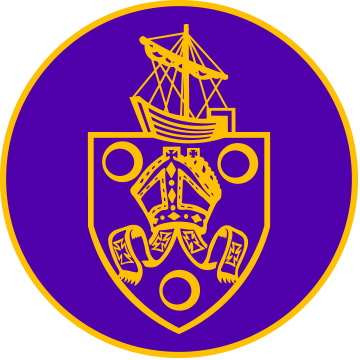Geography
Geography
‘In our changing world nothing changes more than geography.’
Pearl S Buck
Understanding and connecting the diversity and challenges of our world is at the very heart of our curriculum at St Nicolas. Children at St Nicolas learn to be responsible global citizens, who understand the complexities of our World and what we can learn from it. Geography stitches together many curriculum areas, helping children see beyond their immediate context: it gives them people and places to read about, journeys and settings to write about, enquiries to pose and answer, and data to calculate and analyse, all while learning in their classroom.
Through fieldwork and comparing different localities, children will develop powerful knowledge which helps them connect and empathise with others from diverse backgrounds develop their reasoning and enquiry skills, and understand their place in the world as social beings and global citizens.
What you will see:
- Children developing and using fieldwork skills, such as using atlases and maps, observations, photographs, diagrams and digital technologies to gather geographical information.
- Children using their mathematical skills to gather and present information they have gathered.
- Extended, creative and informative writing to express and share the geographical knowledge they’ve developed.
- Children locating the World’s countries, cities and oceans and broadening their knowledge of the human and physical characteristics of these places.
What you will hear:
- Children posing meaningful, geographical enquiry questions to find out about the World around them.
- Children confidently describing and comparing human and physical geography in different localities.
- Geographical language being used for children to explain their ideas and explore what they’re learning about, including directional language.
- Children talking enthusiastically about the challenges of the world in which we live and their role as global citizens.
We are ambitious in the locational knowledge children are taught, which includes where places are in comparison to each other, as well as more in depth knowledge about the human and physical features of areas. Throughout the school children develop their map skills to locate key places, capital cities and physical features within the seven continents and many countries across the world. Children in Year 6 then apply this knowledge to plot and describe Darwin’s journey around the world.
